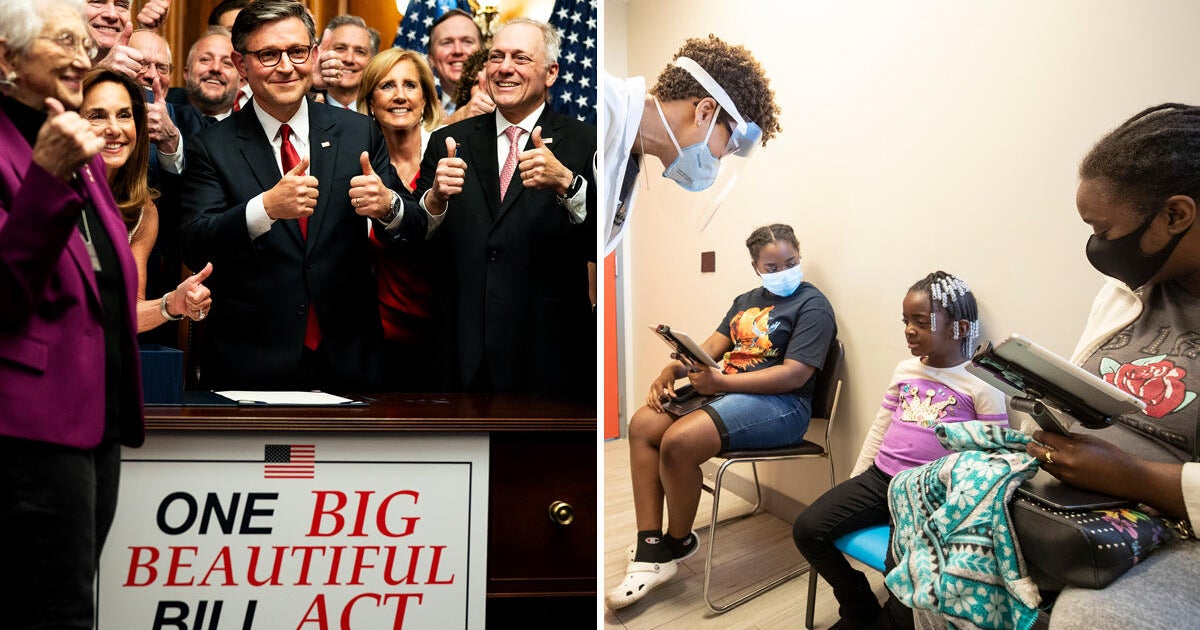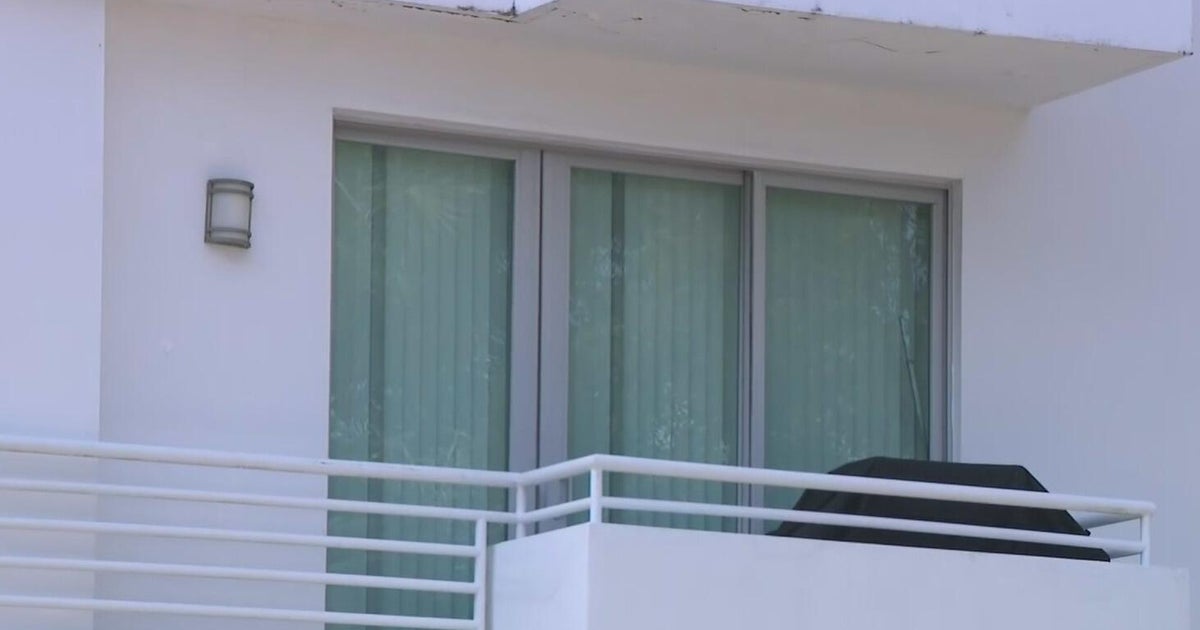Millions of Floridians could lose access to life-saving Medicaid coverage under a new legislation that slashes billions of dollars in federal funding, health advocates warn.
The Florida Health Justice Project estimates the legislation will cut about $4 billion annually in federal Medicaid support to the state, impacting at least one million current recipients. While it’s unclear exactly who will lose coverage, advocates say the most vulnerable populations — including elderly residents who rely on Medicaid to help pay for Medicare premiums and legal immigrants with temporary status — will be among the first affected.
“There’s really just one step away from sheer panic,” said Lynn Hearn of the Florida Health Justice Project. “If you have a person with a severe disability, they are relying upon the services of Medicaid literally to stay alive.”
In Florida, roughly four million low-income individuals or people with disabilities depend on Medicaid, the government-funded health insurance program.
Florida residents with disabilities fear tighter Medicaid restrictions
Paolo Linares, a Liberty City resident, is among them. Diagnosed with autism and ADHD, she lives at home but was hoping to gain independence by moving out.
She said the new restrictions could make Medicaid inaccessible when she needs it most.
“This type of paperwork may make it harder in the case that I may need it,” Linares said. “If you’re going to put more stricter things on this, what are you going to do to help these people?”
Clinics may close as Medicaid cuts ripple through Florida’s health system
The ripple effects could reach beyond Medicaid recipients. Hearn said as fewer people are able to seek care, medical providers may not be able to stay in business — affecting access for even those who remain insured.
“When there aren’t as many people who are insured and able to go to the doctor and get services, then those service providers aren’t able to maintain their business,” she said. “And then they shut down.”
Among those expected to lose coverage are refugees, asylum seekers, parolees, and others from countries like Afghanistan and Syria who are in the U.S. legally but lack permanent resident status.
“These are people who have been able to get coverage for their families, but that will end,” Hearn said.
She added that the next state budget cycle will likely force Florida to make tough choices about what Medicaid benefits to continue funding.
For now, the Florida Health Justice Project said it will focus efforts on lobbying state lawmakers to secure alternative funding for the program.



